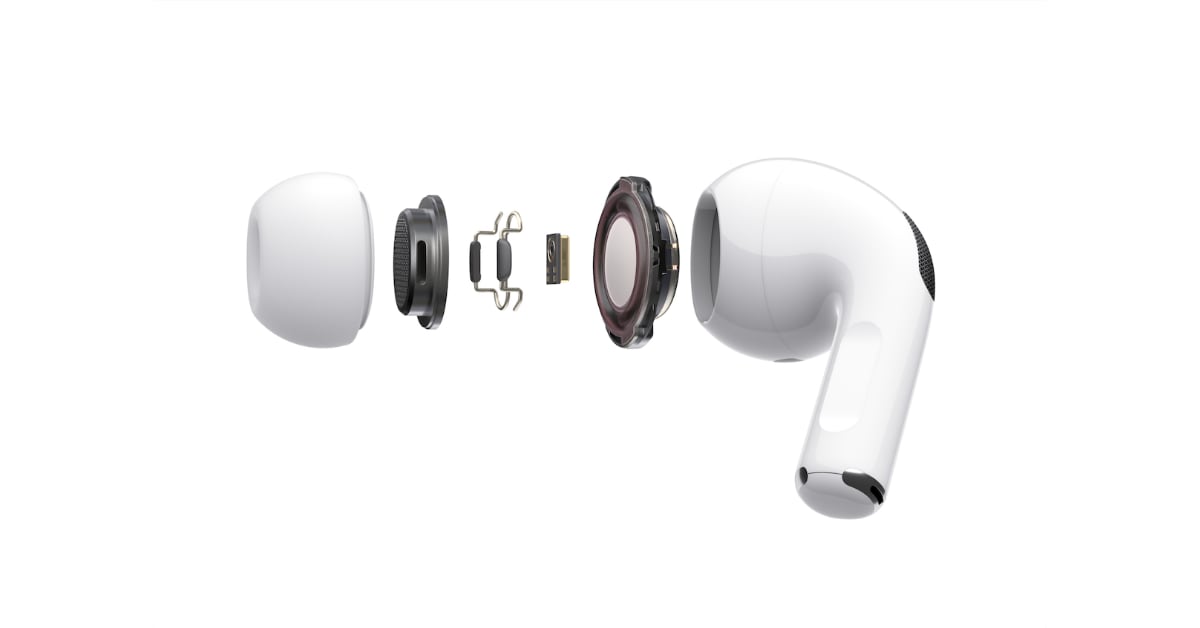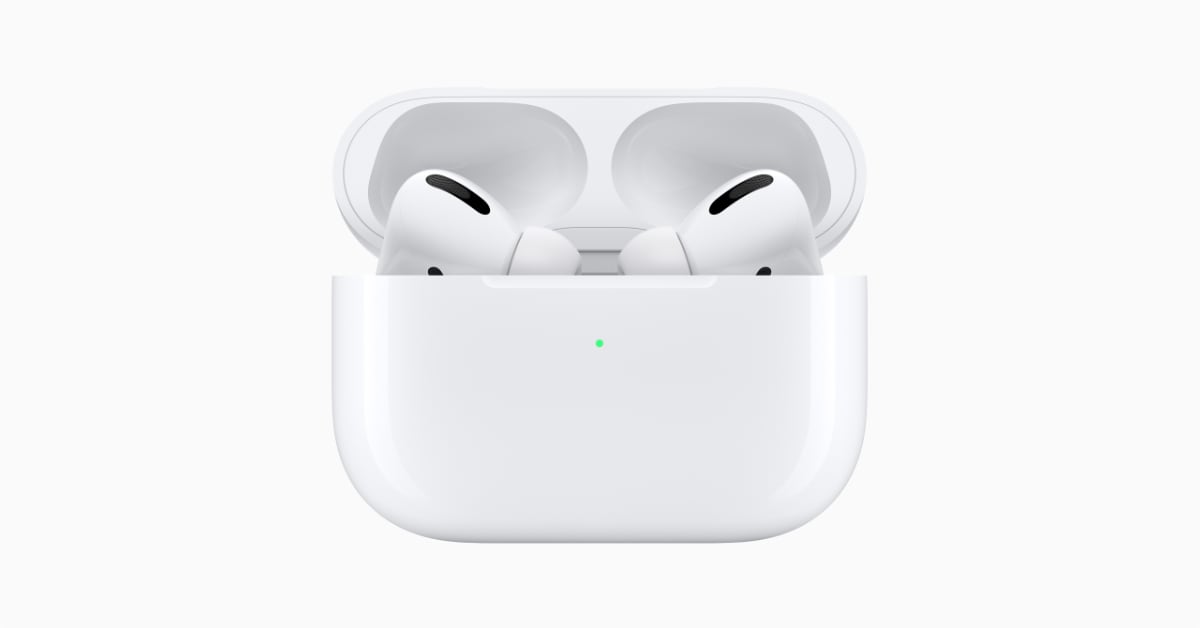A report by The Elec, a Korea Electronics Industry Media claims that Apple is set to launch second-generation AirPods Pro Lite in 2021. The new AirPods Pro model will be powered by the same H1 chip used in the newly launch AirPods Max, and shockingly will not feature noise cancellation. Maybe by excluding the audio feature, Apple would retail the new AirPods Pro-Lite for $200 which is $49 less than the current AirPod Pro.
News of Apple’s next-generation AirPods has been circulating in the industry since April. Leaker with a mixed track record, Jon Prosser reported that Apple would launch cheaper AirPods Lite but he got the month of release wrong. Another report by Ming-Chi Kuo stated that Apple is set to start mass production of third-generation AirPods in 2021.

Cheaper AirPods Pro Lite coming in 2021
The report details that a South Korean material supplier is currently developing a system-in-package (SiP) with Airpods’ H1 chip.
The SiP used for H1 chip in the regular Airpods Pro was round shaped like a mouse. The SiP for the H1 chip in the Lite version will be a simple square shape. The supplier will go through Apple’s quality review within the year and begin mass production next year.
The new AirPods Pro Lite will ship without noise cancellation, therefore, their price will be 20% cheaper than AirPods Pro. The report claims that Apple wanted to release the new cheaper Lite model in 2019 but higher AirPods Pro sales made it change its mind. I personally doubt that Apple had new hardware in 2019 and postponed its launch until 2021.

Having said that, the report further explains that the company is launching a more pocket-friendly audio accessory because it wants to cater to the demographic which likes the more compact AirPods Pro design but not the noise cancellation feature and boost sales.
Apple’s Airpods series was the best selling earphones in the third quarter with 29% market share. Apple saw increase in terms of shipment but saw its market share fall from new budget model earphones. Xiaomi had a market share of 13% in the quarter, followed by Samsung’s 5%.
via The Elec